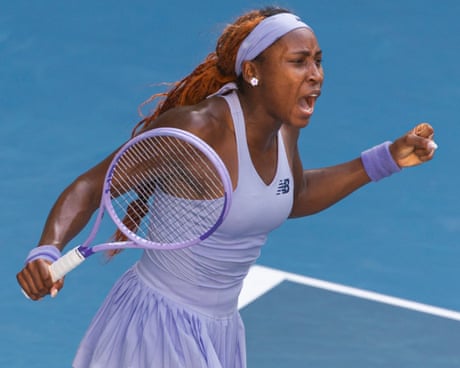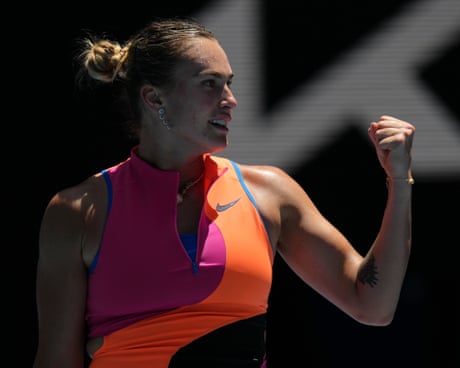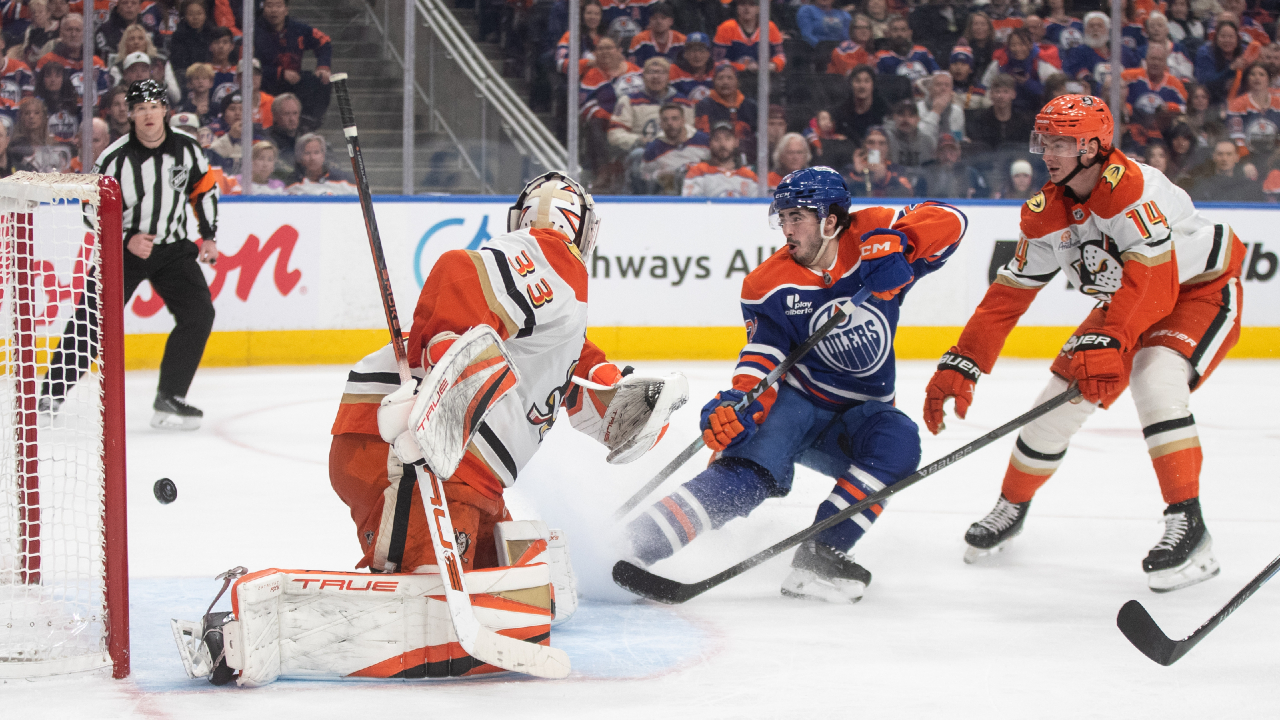
Memo to all the armchair general managers out there. Try this on for size: assemble your all-time Ottawa Senators team, for one game only.
A winner-take-all, all-time, Game 7 Final lineup for the Stanley Cup.
In this sense, it is different from an all-star roster, which would take into account years served, points produced and perhaps even time in the community. You could end up with a lineup that is lacking in a particular area, such as grit or chemistry.
This highly subjective roster is designed to function as a team, with stars and role players, and a goaltender capable of stealing the show.
The assumption is that we are getting these players at the peak of their powers — while with Ottawa. In other words, we are not going to play revisionist history and put Mika Zibanejad on the roster based on the 2019-20 season he had with the New York Rangers.
We tried to put players in their natural positions as much as possible.
Forwards
First line: Dany Heatley, Jason Spezza, Daniel Alfredsson
When this trio was ripping up enemy defences in 2005-06, combining for 296 points, they were nicknamed the Pizza Line because a promotion on home ice delivered free pizza to ticket-holding fans when Ottawa scored at least five goals.
Boy did this line deliver. Heatley with 50 goals, Alfredsson, 43, and 60 assists. Spezza with 71 assists in just 68 games. Had goaltender Dominik Hasek not been injured at the 2006 Turin Olympics, this line might have led the Senators to its first Cup in the modern era of the franchise. With 113 regular-season points, Ottawa was second in the NHL only to Detroit with 124.
When they got rolling this line was hard to stop. Spezza was good in the dot, a superior passer, with two elite firing weapons — Heatley’s classic one-timer and Alfredsson dangerous from anywhere with a snap shot, wrister or blast. Alfredsson retired as the all-time team playoff points leader with 100 in 121 games. Bryan Murray felt good about his chances when he was sending Heater-Spez-Alfie over the boards.
Second line: Martin Havlat, Alexei Yashin, Marian Hossa
Though Yashin didn’t leave Ottawa on the best terms, he was one of the first legitimate stars of the franchise, a six-time franchise scoring leader and the first in team history to crack the 90-point barrier (44 goals, 50 assists, 1998-99). Hossa, nicknamed “Hoss,” was a horse, went on to become a 500-goal scorer (525) and a three-time Stanley-Cup champion with Chicago, but he was a heck of a player with Ottawa, too, the first to reach 45 goals as a Senator.
With Havlat’s ‘Mach 9’ speed, Hossa’s breathtaking bursts up ice and Yashin’s puck control and shot, I really like this line. If Yashin were to be injured or off on a holdout, we could insert centre Radek Bonk, who worked magic down low with Hossa.
Third line: Brady Tkachuk, Kyle Turris, Mark Stone
Here’s a line carved out of the most recent decade, a nice blend of Turris’s clutch play (three overtime winners), Stone’s uncanny knack for stealing pucks and scoring in close and Tkachuk’s hell-bent fury. I don’t care if Tkachuk is 20 years old. I don’t care if he has played just two NHL seasons and hasn’t had an opportunity to participate in a Senators playoff game, I want him on my team, and on this line, where he has a unique chemistry with Stone, his former landlord.
Grit, puck control, tenacity and an ability to come up with key goals in the biggest situations. What’s not to like about a third line like this? Bobby Ryan waits in the wings, RW in particular, if needed. Mike Fisher, Chris Kelly or Jean-Gabriel Pageau could fill in at centre.
Fourth line: Shawn McEachern, Mike Fisher/Jean-Gabriel Pageau, Chris Neil
Though we are getting into depth players now, there remains a glut of talent and grit from which to craft a fourth line. On the left wing, McEachern provides speed and a needed scoring touch, so that every line on this team can bring that threat. McEachern was a consistent top-five scorer on a Senators team growing into contention in the late 1990s and early 2000s. Clarke MacArthur, Magnus Arvedson, Milan Michalek and Zack Smith are other excellent options at LW on one of the bottom two lines.
Choosing between Fisher and Pageau at centre is like choosing a favourite son, and the choice might come down to the opponent. Against a heavy team, I like the grit and board work of Fisher, the punching Christian. If the enemy is the Montreal Canadiens, well, you know Pageau gets the start and is bound to score. Both centres are supreme penalty killers. Solid franchise centres Chris Kelly, Shaun Van Allen, Nick Foligno and Antoine Vermette also deserve mention.
With his toughness (and the stretched tolerance of playoff refereeing!), Neil edges out a lot of useful wingers, such as Andreas Dackell and Patrick Eaves.
Defence
First pairing: Zdeno Chara, Erik Karlsson
Not a lot needs to be said here. This pair could match up against any in the league over the past 15 years. The 6-9, 250-pound Chara is and was a beast, playing superb hockey for Ottawa before his departure in 2006 (though the ‘06 loss to Buffalo was painful).
The Big Zee went on to win the James Norris trophy as Boston’s captain in 2008-09 and the Stanley Cup in 2011. He gets to stay home in this pairing, rag-dolling enemy forwards as required, while Karlsson, the two-time Norris Trophy winner, does his thing. If Chara happened to be out of the lineup, Marc Methot could step in nicely, having regularly played as Karlsson’s partner. Young Thomas Chabot is perhaps a year or two away from knocking on the door of the Senators’ all-time first pairing.
Second pairing: Chris Phillips, Anton Volchenkov
The Senators haven’t had a better shutdown tandem than Phillips and Volchenkov. Combined, they were plus 73 in 2006-07, the year the Senators went to the Cup final against Anaheim. Phillips, who had his No. 4 jersey retired in a ceremony last month, was a steady defensive defenceman with an ability to elevate in the playoffs. Volchenkov, when we’d see him shirtless in the dressing room, was routinely black and blue with bruises from blocking shots. His ability to suffer in the name of his team was off the charts. A silent warrior.
Third pairing: Wade Redden, Karel Rachunek
In his prime, Redden was a star on Ottawa’s blue line, a first-pairing defenceman who ran the power play. His “great first pass” became a cliche among the fan base. Though not flashy, Redden was tough for his size with hockey IQ such that he generally got to where he needed to be, whether rushing the puck or as first man back. Redden and Rachunek were a strong pair on the 2002-03 Senators team that was one goal away from reaching the Stanley Cup Final.
Alas, they got victimized on the infamous Jeff Friesen goal, as both pursued the puck carrier, Grant Marshall, leaving Friesen open in front. But it was a team loss. Martin Havlat, who had pushed hard to create an offensive opportunity moments before, was gassed coming back and let Friesen go. I’d still like Redden and Rachunek, at their best, on this team. They could easily interchange with the more defensive Phillips/Volchenkov as the second pair depending on the situation. I considered going with Marc Methot and Redden, but both usually played the left side.
Jason York and Sami Salo are a couple of right-shot defencemen who could easily step in with this roster.
Tragically, Rachunek died in the Lokomotiv Yaroslavl crash of Sept. 7, 2011. Rachunek was just 32 years old and was coming off a tremendous KHL season with Lokomotiv, recording 11 goals and 46 points in just 50 games in 2010-11. Rachunek represented the Czech Republic in the 2011 world championships.
Goalies
Dominik Hasek, Craig Anderson
Hasek was in fine form, you might say prime form, for his lone Ottawa season in 2005-06. A 2.09 goals-against, .925 save percentage and a 28-10-4 record in 43 games played. Had he not been injured at the Turin Olympics, putting the word “adductor” into the all-time vernacular of Senators fans, Hasek might have delivered a Cup to Ottawa in the spring of ‘06. When Hasek was locked in, physically and mentally, there wasn’t a better goaltender in hockey than the Dominator, who won the Vezina Trophy six times, the Hart Trophy twice and was part of three William Jennings Trophy awards.
Ray Emery, thrust into the starter’s role when Hasek went down, did his best but wasn’t quite ready. If Hasek couldn’t start for whatever reason, Anderson gets the call for Game 7. Anderson joins Patrick Lalime with 21 career playoff wins and their playoff save percentage was nearly identical as well, .928 for Anderson, .926 for Lalime.
Anderson backed the surprise playoff run of 2017 and outplayed Carey Price in the massive 2013 quarterfinal series win over Montreal, the first time a modern Ottawa team beat an Original Six opponent in the post-season. Lalime was the man in the run to the Conference Final in 2003.
Coaching staff
Head coach: Bryan Murray
Assistants: Jacques Martin, Rick Bowness, Alain Vigneault and the late Roger Neilson (eye in the sky)
Here’s a coaching staff that will get down to business for Game 7 but have you laughing with their wit in the pre-game availability. Murray’s passion and bench management make him a solid choice as head coach, backed by a deep, experienced staff to keep the bench calm. Neilson’s scouting eye and video/data work will provide an edge.
Honourable mentions: Paul MacLean did a masterful job of coaching the Senators past the Habs in the 2013 quarters, on and off the ice. Who can forget his “Player 61” reference or, “I might be husky, but I am not fat.” Guy Boucher guided the Senators unexpected playoff run in 2017.




